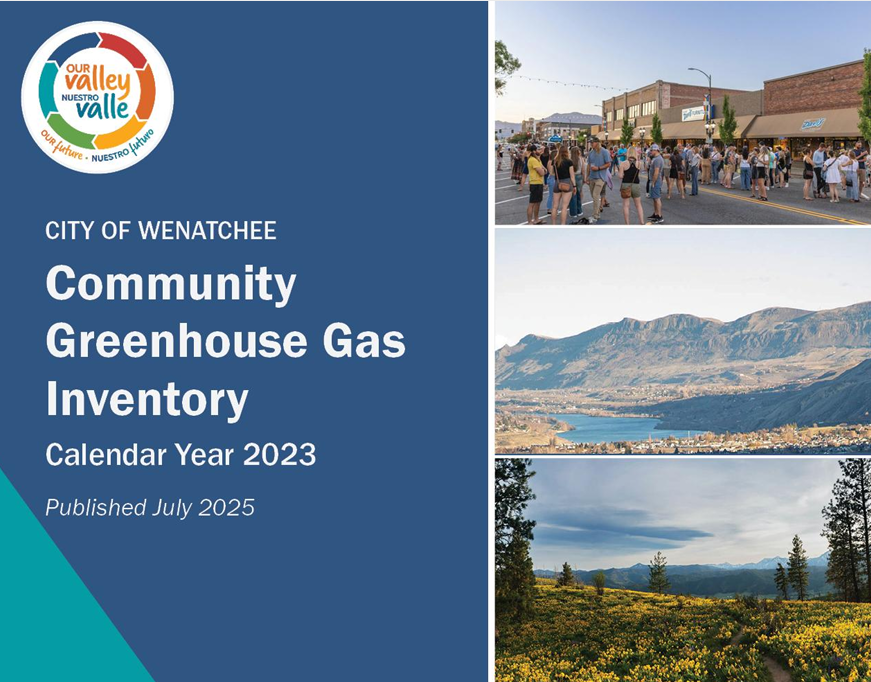Breathing a little easier
- marlene0303
- Mar 12, 2022
- 2 min read
By Jana Fischback, SW Executive Director
With fire danger down and the smoke of summer wildfires now a memory, we all take a collective deep breath in October, don’t we? Ah fall, with gorgeous cool weather, crisp breezes, lots of sunshine but also refreshing rain: it’s a wonderful time of year.
It’s a stark contrast from the air pollution we all experienced this summer from smoke. When I think of air pollution in general, North Central Washington is definitely not what comes to mind. I think of Los Angeles, huge cities in China, places with smokestacks and tons of people. Not our beautiful valley with our clean river and pristine mountains. But that’s changing, and now air pollution is a regular part of our summers.
It may feel like there’s nothing we can do about that smoke, and while I think there is, that’s a whole other topic. [See blogs here, here and here for ideas on how to reduce your carbon footprint.] But with a focus on fall: is there anything else we can do to help us breathe easier after we escape “smoke season?”
Fall and spring are common times for outdoor burning, and while that’s likely going to continue for agriculture, home owners can try chipping as a good alternative. Cascadia Conservation District and several local fire districts regularly offer chipping services. You can also opt for best practices when it comes to outdoor burning, such as burning only all-natural, unprocessed vegetation like branches, brush and wood. Avoid garbage of any kind, treated wood, construction debris and plastics. Visit the EPA's website for best wood burning practices.

As we move into colder weather, our homes will need more heating to stay comfortable. During winter air inversions, try to minimize burning wood in your fireplace or wood stove, if possible. Pay attention to burn bans if you regularly use a wood stove. If you can, consider switching to another source of heat such as electricity. Wood stoves and wood burning fireplaces put out hundreds of times more air pollution than other sources of heat, according to the Washington State Department of Ecology.
Finally, air pollution from the cars we drive is an issue year-round. The WA Department of Ecology states that vehicle exhaust is one of the most hazardous contributors to air pollution in our state. Fortunately in the fall and spring, when weather is mild, making an impact is as easy as turning off your car when you can. Unnecessarily idling your vehicle not only pollutes the air we breathe, it also wastes fuel and therefore wastes money. Plus, it puts unnecessary wear and tear on your vehicle’s engine. Unless you drive a vintage car with a carburetor, it’s better to turn your engine off if waiting for more than 10 seconds. Examples are waiting to pick up kids at school, in the drive-thru line at a fast food restaurant, coffee stand or pharmacy, or parked while waiting for curbside service at a grocery store.

At Sustainable Wenatchee, we’re working to promote “Idle Free Zones” at places with frequent idling. If own a business and would like an Idle Free Zone sign, or if you have a place you’d like to recommend, please contact me at hello[at]sustainablewenatchee.org. Here’s to a future of fresh air, one breath at a time.




Comments